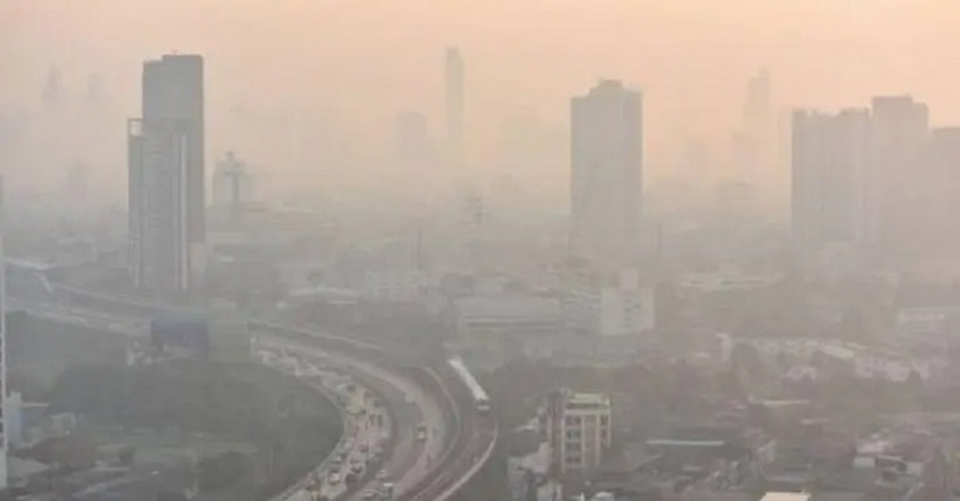
The Department of Medical Sciences, through the Central Chest Institute of Thailand alerts that PM2.5 fine particulate matter in the air poses significant health risks, especially when exposure is continuous.
Dr. Veerawut Imsamran, Deputy Director of the Department of Medical Sciences, disclosed that PM2.5, particles exceeding the standard limits, is an air pollutant that poses a danger to health, easily entering the body through the respiratory system. Prolonged or high levels of exposure can have severe short-term and long-term health impacts.
Current factors contributing to the PM2.5 problem include uncontrollable sources of air pollutants, such as incomplete combustion from machinery, particularly older car engines, forest fires, burning of fuel in industrial plants, and construction activities prevalent in almost every area. These factors contribute to the deterioration of air quality.
Dr. Anek Kanoksilp, Director of the Central Chest Institute added that PM2.5 makes various organs vulnerable to chronic diseases. The tiny particles enable the dust to enter the body through the respiratory system, circulating through the bloodstream and affecting various parts of the body. Prolonged exposure can lead to health hazards, particularly for vulnerable groups such as children, pregnant women, the elderly, and patients with chronic lung and heart diseases.
PM2.5 adversely impacts respiratory systems, causing allergic reactions and exacerbating chronic respiratory diseases like asthma. Long-term exposure may reduce lung functionality, eventually leading to pulmonary emphysema, even in non-smokers. Additionally, it poses a risk for lung cancer.
The cardiovascular system is also affected, with PM2.5 causing inflammation throughout the body. This results in conditions such as high blood pressure, ischemic heart disease, increased mortality rates in heart disease patients, and an elevated risk of stroke.
Pregnant women exposed to PM2.5 over an extended period may experience adverse effects on the developing fetus.
Signs indicating the body’s exposure to PM2.5 include chronic cough, irritated eyes, nasal congestion, chest tightness, difficulty breathing, and skin reactions. Therefore, it is crucial to take preventive measures against air pollution and seek immediate medical attention if any abnormal symptoms are observed. (TNA)






